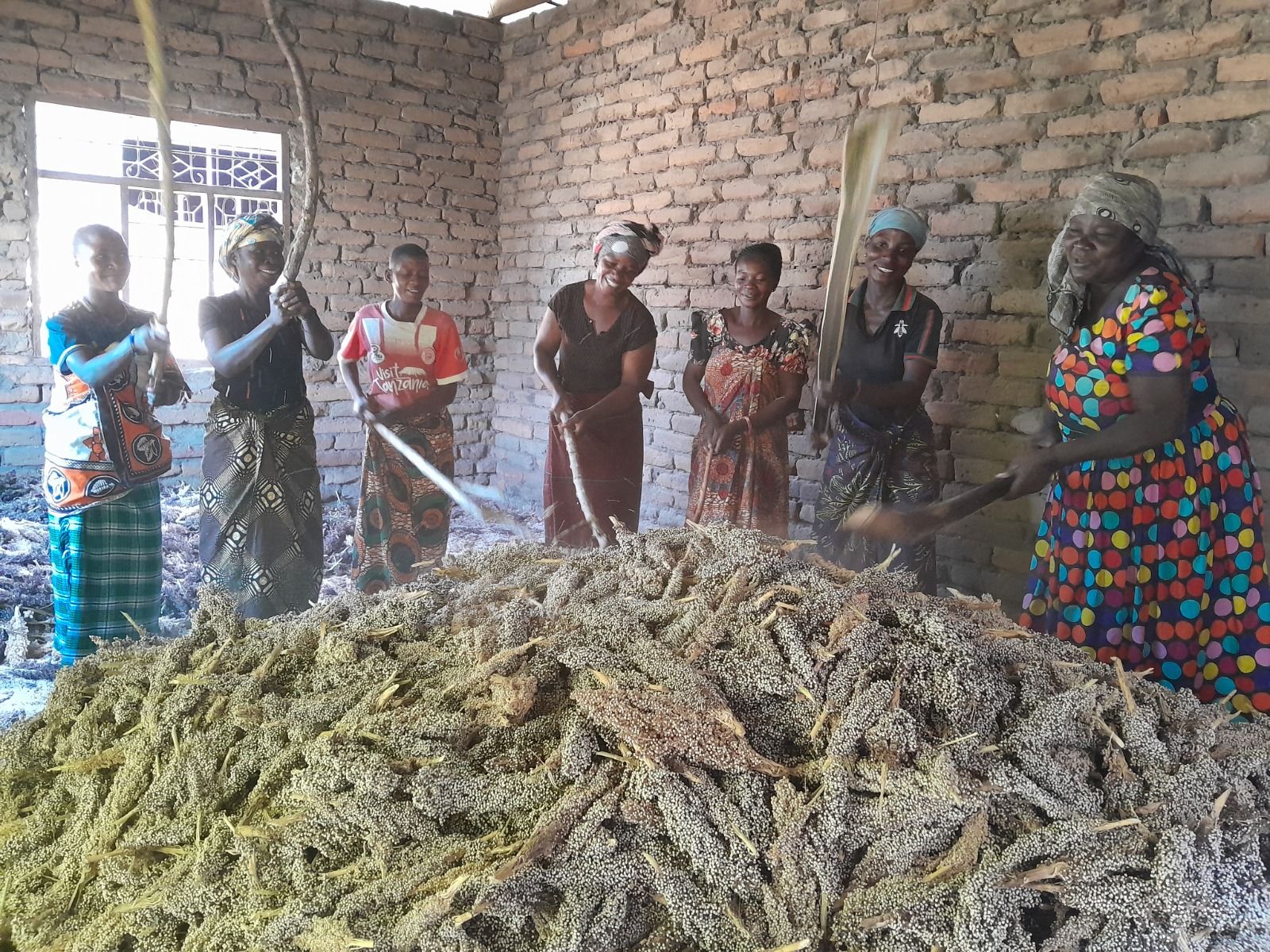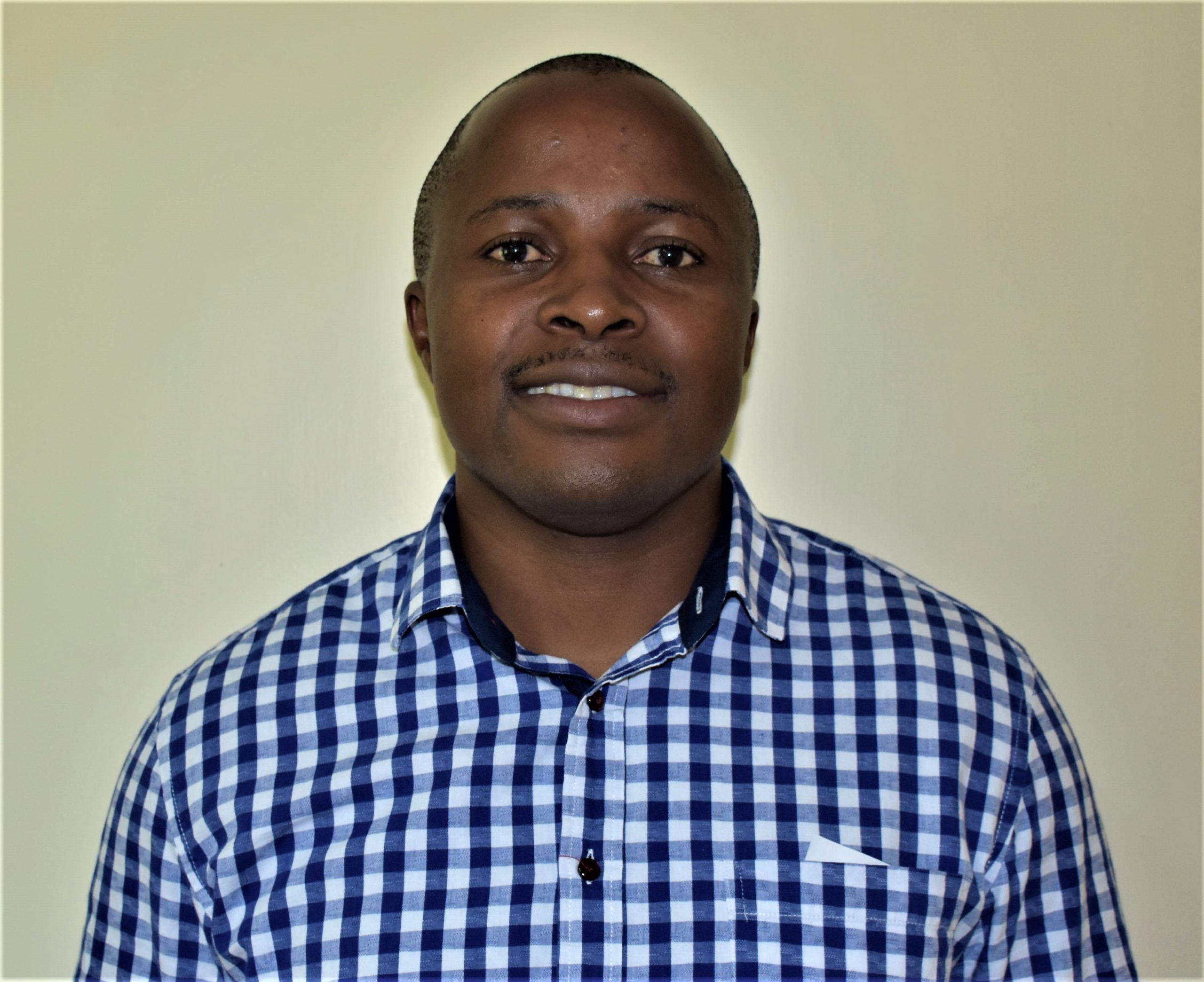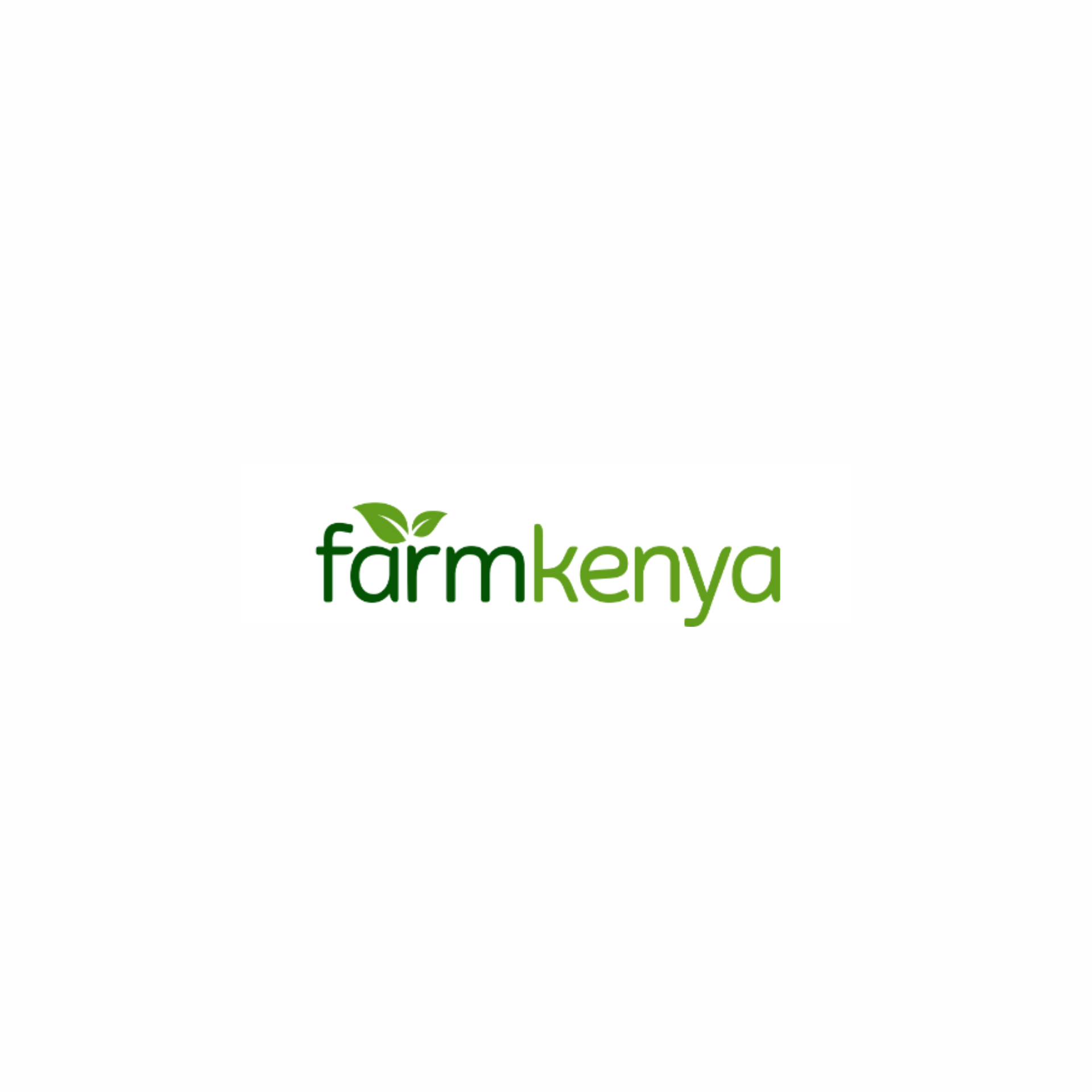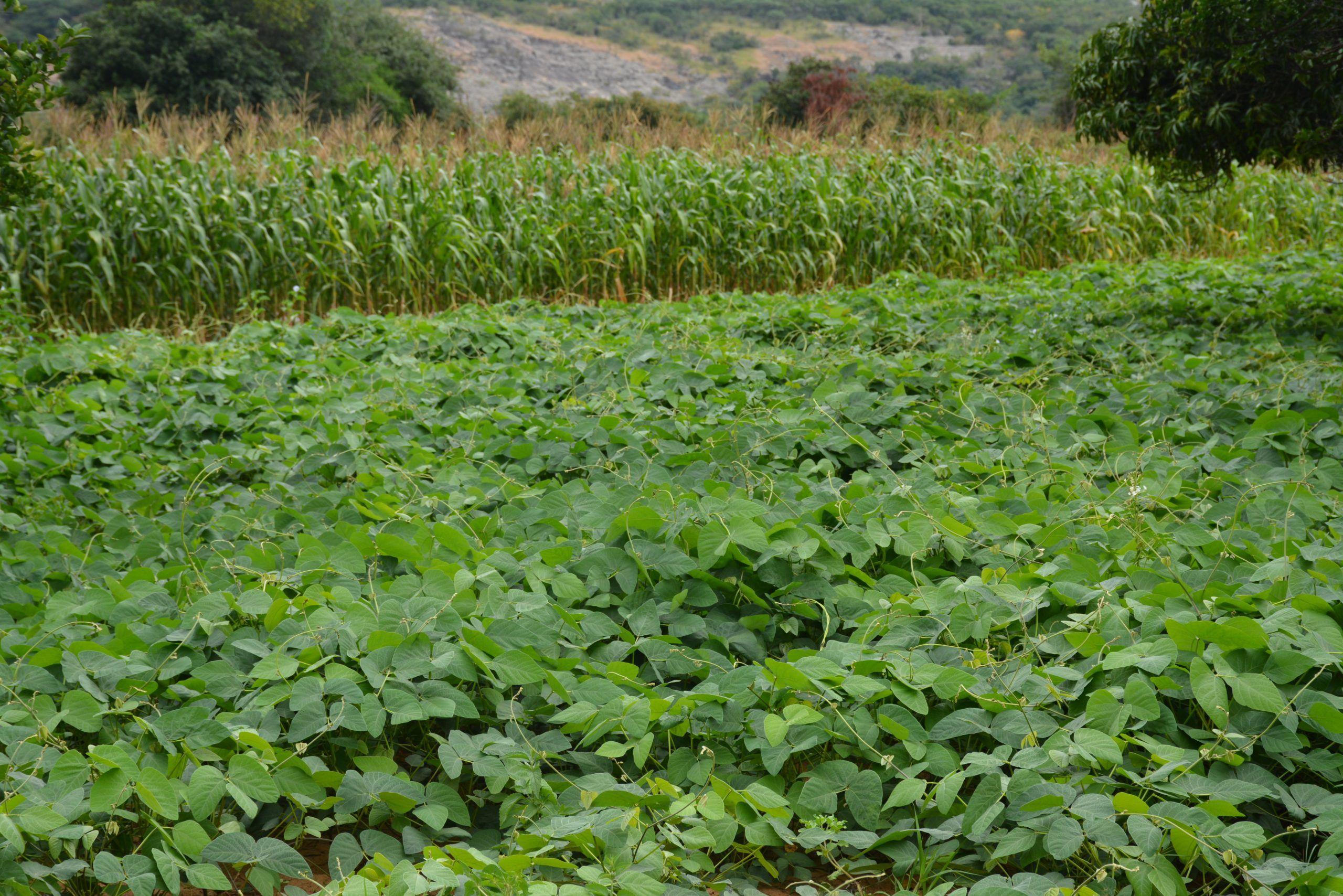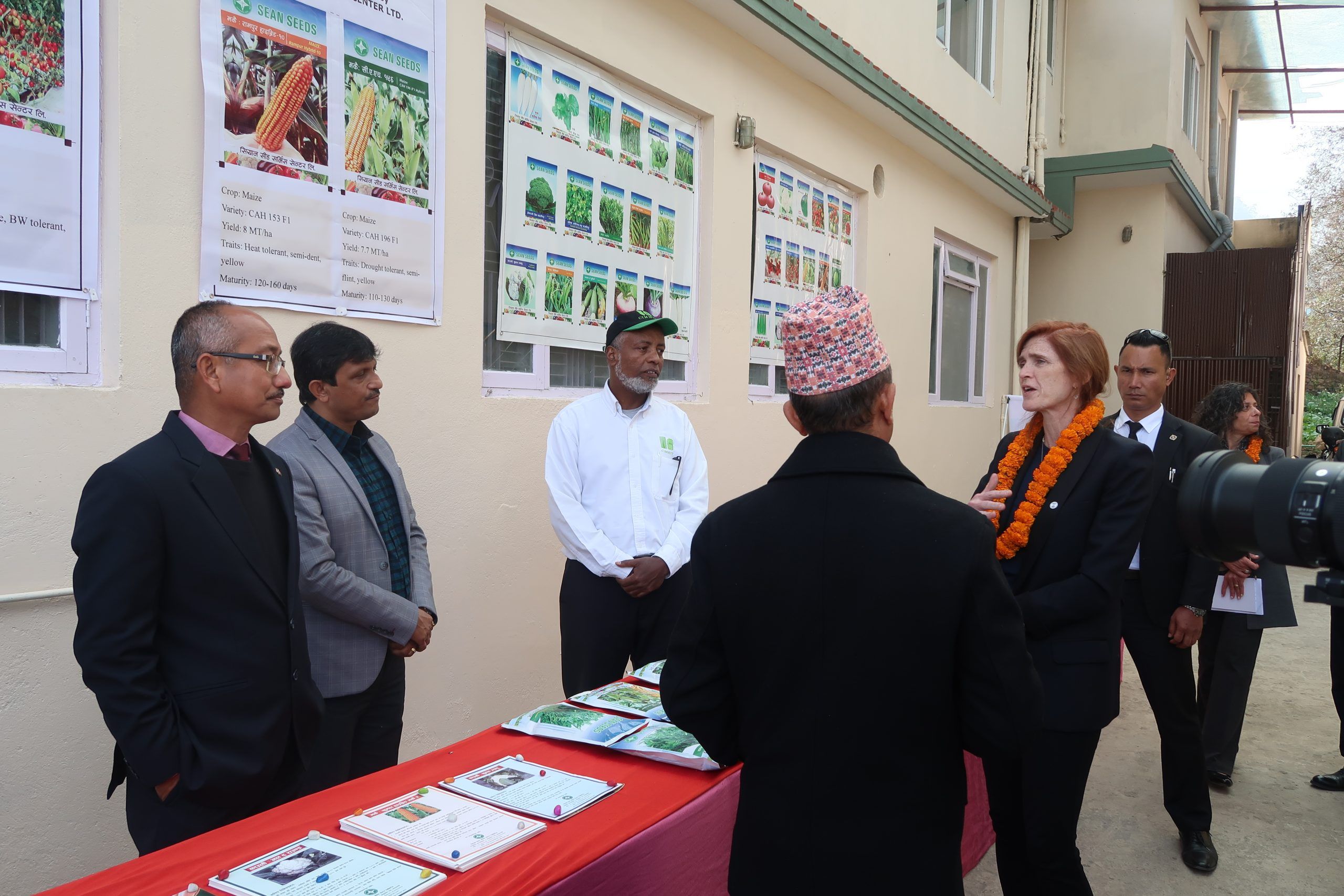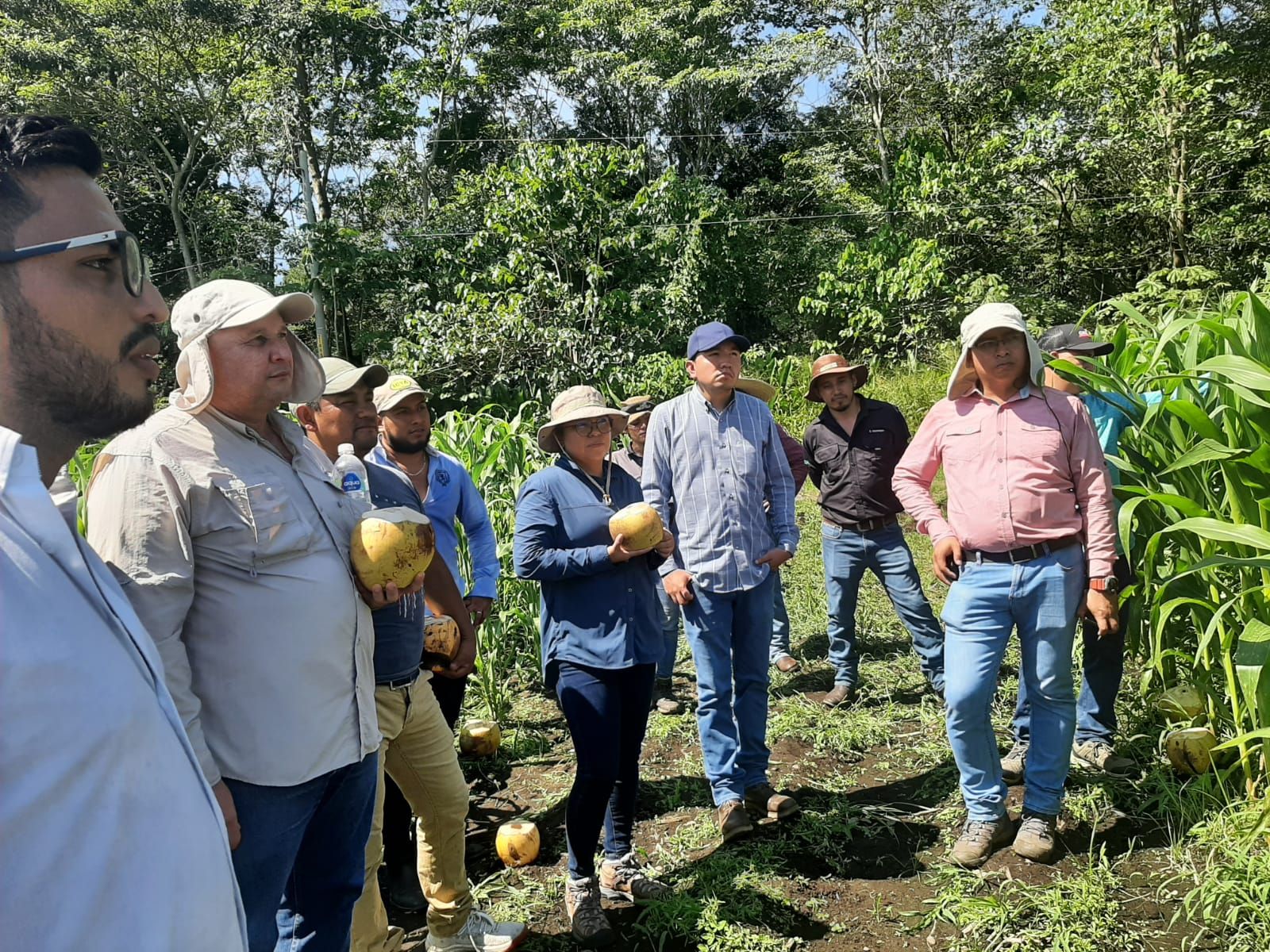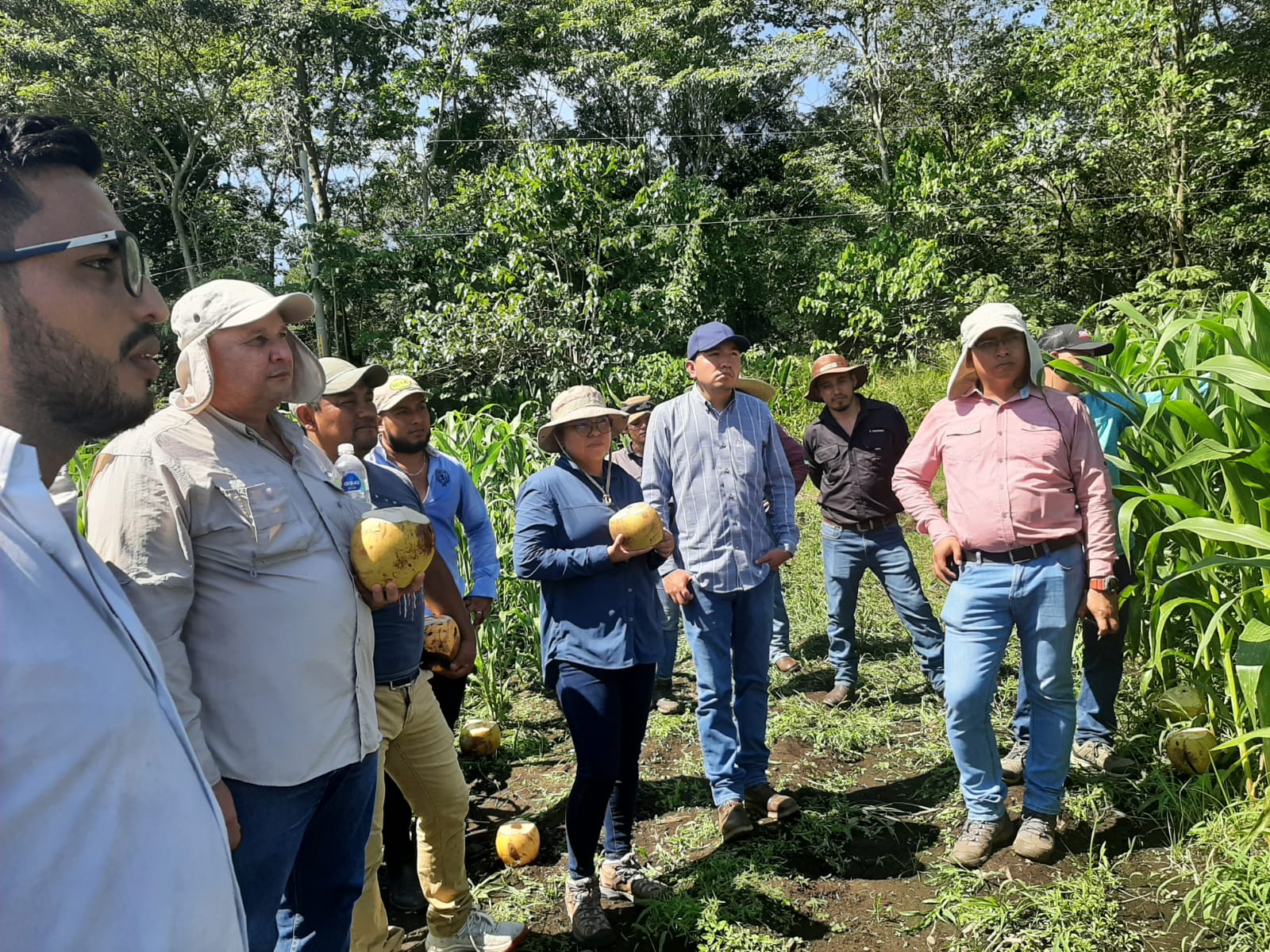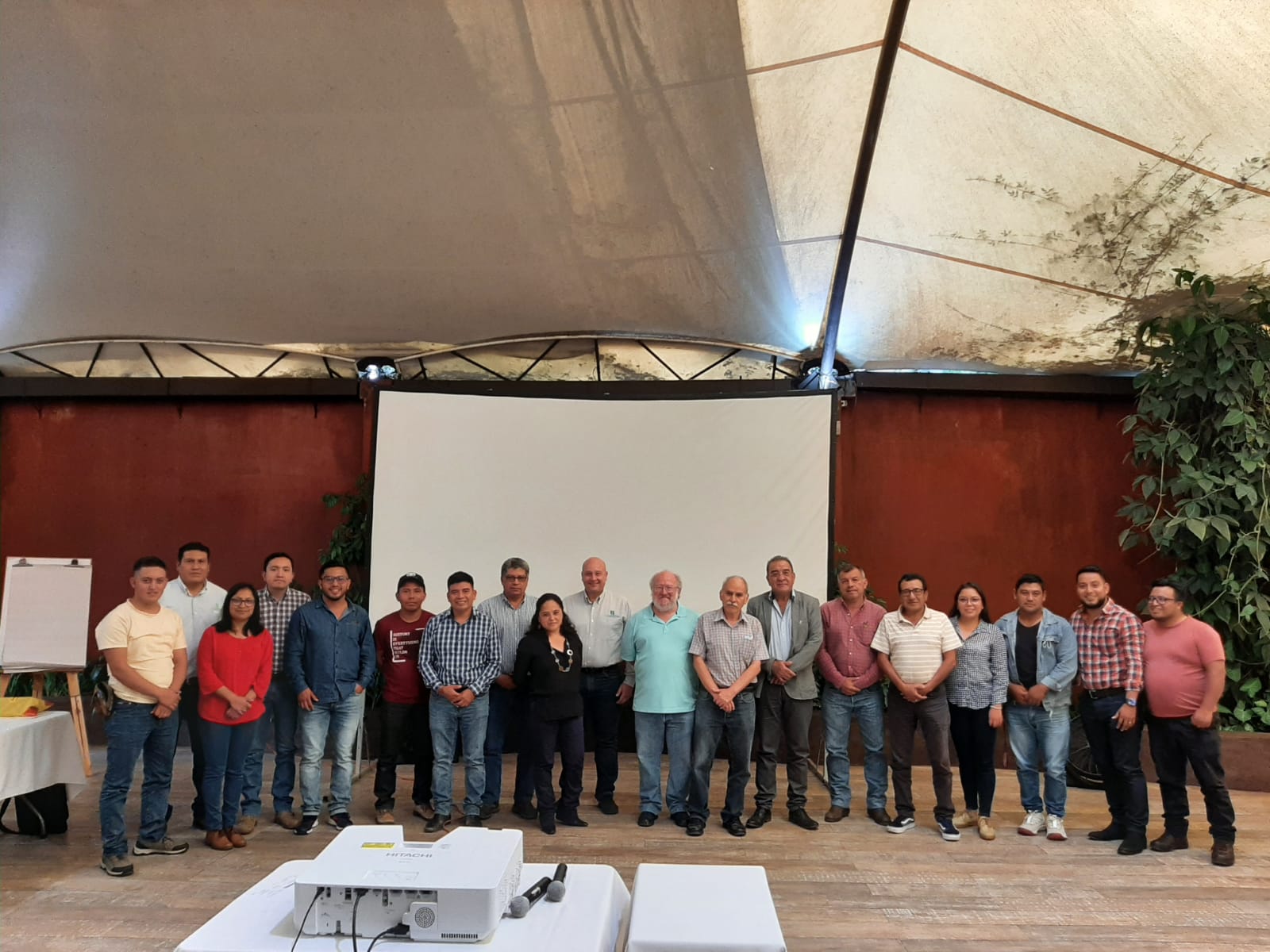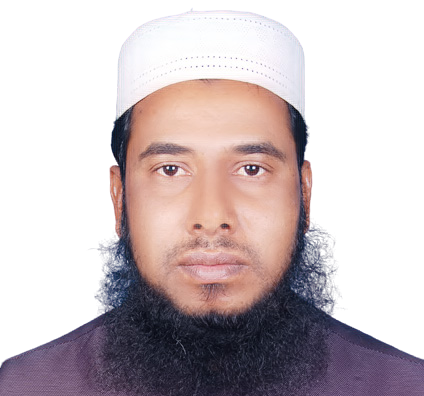How Ivuna women farmers are transforming their lives through seed production
“Five of us borrowed $100 from our Vikoba group and invested it in seed production. Not only did we repay the loan with interest, but we also made a profit,” says Skola Sichalwe, a member of an extraordinary group of women who are transforming their community in Ivuna Village, Momba District. Vikoba groups, grassroots savings and credit associations, operate as informal microfinance systems in rural communities, empowering members with access to small loans and promoting financial independence. These groups often provide a lifeline for women seeking financial stability and growth in rural areas. What began as small savings groups has blossomed into a powerful movement of women breaking barriers and creating a legacy of resilience, innovation, and success. These women—once skeptical about venturing into seed production—are now thriving entrepreneurs, producing quality sorghum seeds and inspiring others in their community to follow their lead. Their journey began with a chance encounter with Miss Zainab Hussein, a passionate seed producer and a youth champion. Her vision and mentorship planted the first seeds of change. “I used to think farming was just about survival,” says Pauline Martin. “But Zainab showed us that with the right knowledge and tools, farming can be a business; a way to change our lives.”
A leap of faith in seed production
Before venturing into the world of seed production, these women were members of Vikoba groups, pooling their savings to lend and borrow money. While this system was helpful for meeting immediate financial needs, it offered little opportunity for growth or long-term investment. Everything changed when Zainab Hussein, an experienced seed producer and youth champion, began attending their meetings. Zainab introduced the group to the potential of improved seeds and the opportunities in seed production. She explained how adopting high-quality sorghum seeds could significantly increase yields and profits, far exceeding the returns from what traditional grain farming could offer. Her visits became a game changer, sparking curiosity and inspiring action among the women. “Zainab’s dedication inspired us,” says Skola Sichalwe. “She didn’t just train us. She believed in us.” As a trainer, mentor, and role model, Zainab played a central role in their transformation. She guided the women through the complexities of seed production, teaching them essential planting techniques, helping them understand TOSCI regulations, and offering practical solutions to challenges they encountered along the way. “She showed us how seed production could not only improve yields but also become a profitable business,” recalls Pauline Martin.

Inspired by Zainab’s success, the women saw an opportunity to turn their savings into a sustainable investment. This journey was further supported by the establishment of Youth and Women Quality Centers (YWQCs) under the Center for Behavior Change Communication (CBCC) and the Accelerated Varietal Improvement and Seed Systems in Africa (AVISA) project through CIMMYT. The AVISA project, led by CIMMYT, piloted the YWQC model to address key challenges faced by rural farmers, including limited access to quality seeds, market linkages, and knowledge on improved farming practices. These community-led centers serve as hubs that enhance last-mile seed access by working with seed companies and local producers, ensuring a consistent supply of quality seed. They also facilitate market linkages by connecting farmers with aggregators and off-takers, improving market access and profitability. Additionally, YWQCs provide capacity-building initiatives, equipping youth and women with training in farming practices, local seed production, and business skills. The model further promotes collective action by encouraging farmers to form associations, strengthening their bargaining power and collective marketing efforts. These centers became hubs of opportunity, providing essential infrastructure and resources such as access to certified seeds, extensive training, and advanced farming technologies such as the multi-crop thresher through a cost-sharing arrangement. This technology not only improved efficiency but also ensured the quality of processed seeds, increasing its market value. The project also facilitated crucial linkages between the women and certified seed producers, ensuring they had access to high-quality inputs for their production. In some cases, the project even helped them find markets for their seeds, closing the loop and creating a sustainable business model. And so, they began the journey of seed production, transforming not only their own lives but also their community.

With loans from their Vikoba groups, they purchased quality seeds and accessed the tools, training, and market linkages provided by the YWQCs. “For years, we saved money but didn’t know what to invest in,” says Halima Kajela. “Seed production gave us a clear opportunity to grow.”
Challenges: A Test of Determination
The journey wasn’t without hurdles. Rodents feasted on the carefully spaced sorghum seeds, a new planting method the women had to adopt for certification. “Broadcasting seeds was easier, but seed production required precise planting and spacing,” Halima explains. “This made it harder to protect the seeds from pests and animals.” Excessive rain washed away seedlings, requiring several rounds of replanting. Cattle from neighboring farms often invaded their fields, causing further damage. Adopting good agronomic practices such as proper spacing, timely weeding, and regular inspections was initially difficult for these women, who were unaccustomed to the disciplined approach required in seed production. Despite these setbacks, the women persevered. With Zainab’s guidance and support from the YWQCs, they implemented solutions like using seed planters which saved time and effort during planting, knapsack sprayers helped combat pests and diseases, and multi-crop threshers simplified the post-harvest process. All these tools saved time and improved efficiency.
Triumph in the fields
And their hard work paid off. In their very first season, the women achieved remarkable success, producing three tons of TARISOR 2, an improved sorghum variety. This achievement not only set them apart from other first-time producers in the district, but also marked the beginning of a transformative journey.

The impact of their efforts went far beyond the impressive harvest. Ten women became officially registered seed producers with the Tanzania Official Seed Certification Institute (TOSCI), gaining recognition and credibility in the seed production business. Two members received specialized training in seed and fertilizer dealership, equipping them to expand their services and outreach to the community. Four women ventured into distributing essential agricultural inputs, such as maize seeds and hermetic bags, further diversifying their income streams and supporting local farmers. Recognizing the need for efficient post-harvest processing, the group collectively contributed to the purchase of a multi-crop thresher. This crucial investment significantly streamlined their operations, reducing labor and ensuring higher-quality processed seeds. Their efforts quickly translated into financial rewards. Within a short time, they sold one ton of their high-quality seeds, earning over $700. As word of their success spread, demand for their seeds continued to grow, promising even greater opportunities in the seasons ahead.
A ripple effect of change
Their success has had a profound effect on their community. The women’s achievements have earned them respect, and their influence is inspiring others to follow in their footsteps. “Before this, I didn’t believe in seed production,” says Pauline. “But after seeing Zainab’s success and what we achieved, even my husband now supports me fully in this venture.” Their impact extends beyond their fields. Other Vikoba groups have invited them to share their knowledge on seed production, and 10 new women have expressed interest in joining the initiative. By making improved sorghum varieties more accessible, they’ve also helped increase production and reduce food insecurity in their village.
Looking ahead: Planting seeds for the future
Inspired by their success, the women have ambitious plans. With a clear vision for the future, they are determined to expand their seed production enterprise and bring its benefits to a wider community. One of their primary goals is to extend their production to neighboring wards, such as Mkomba. To make their knowledge and improved seed varieties more accessible, they plan to establish demonstration plots closer to the village center. These plots will serve as practical learning sites, allowing more farmers to experience the advantages of using certified seeds and adopting best practices. “The demand for quality seeds is growing,” says Halima Kajela, one of the group members. “We’re committed to meeting that demand and helping more farmers improve their yields.” They are also exploring ways to diversify their operations. They aim to invest in distributing other agricultural inputs and post-harvest services such as threshing, to support farmers in the community and generate additional income. For these women, seed production isn’t just a business—it’s a symbol of empowerment.
